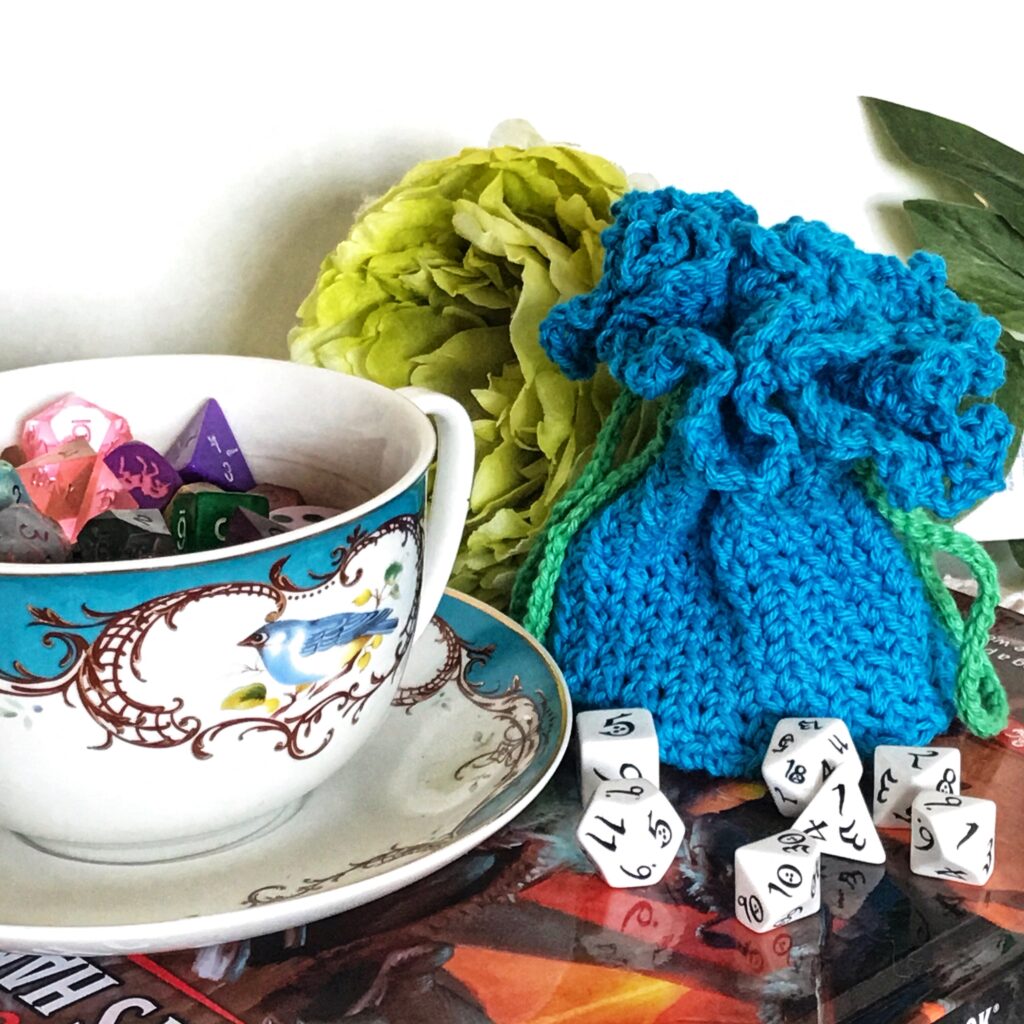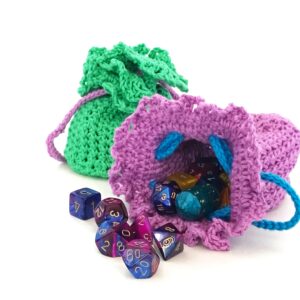
The tabletop roleplaying community in Regency England was small, but avid, particularly among the landed gentry. Diaries of the period record many a long country evening engaged in extended dungeon crawls and enthusiastic hack n’ slash events. Correspondence recently discovered between Jane Austen and her publisher reveals that Pride and Prejudice originally included a chapter that described such a game night during the Rosing Park section of the book (Lady Catherine was Game Master, and Elizabeth Bennet played an elven rogue named Eilstine Foxwhisper). Unfortunately, the chapter had to be cut, due to copyright issues with the Keep on the Borderlands adventure module that featured prominently in the scene.
Dice used by tabletop gamers were unsurprisingly primitive by today’s standards. Plastics, of course, had not been invented, nor had D10 or D20 dice. Dice were usually made of ivory or bone, through some examples of stone or wood dice exist. Among the elite of Society, there was a brief fad for porcelain dice, particularly Limoges, with hand-painted designs, but the fragile nature of these dice made them unsuitable for serious play.
Of course, no matter what sort of dice Miss Austen and her compatriots choose to game with, it’s without a doubt that they used only the most stylish means for storing and transporting them. No studded leather or gaudy dragon scales for this refined set! No, indeed, only the most refined, sophisticated carrying pouch would do — like the elegant crocheted dice pouch shown here.
Materials List
- Hook(s): US G/6 (4.0 mm)
- Yarn: PaintBox Aran, Vanilla Cream
- Colors & Approx Yardage: See Notes.
- Notions: Yarn needle, stitch marker
Size and Gauge:
Not necessary for this pattern
Skill Level: Intermediate (see notes)
Notes:

Important: These pattern instructions may be incorrect. It’s been a long time since I wrote them down and I am not sure the “single stitch cluster” in particular makes sense. I don’t have the time right this minute to try and do a practice run and see if they work, on the off-chance that someone actually wants to make this. If you run into trouble, email me and I will help you figure it out! This is the only reason I’ve made the skill level intermediate.
While this pouch could be made with any yarn and appropriate sized hook, I prefer a finer yarn like aran-weight because it makes thinner, more flexible fabric. Cotton yarn is less likely to stretch, too, so when you stuff your pouch full of dice, it won’t get distorted as easily.
This pattern is worked in continues rounds.
Drawstrings can be replaced with icord, ribbons, leather or other stringy-thing you like.
Crochet Abbreviations (US terms):
- Chain (Ch / ch)
- Slip Stitch (sl st)
- Single Crochet (SC)
- Single stitch cluster
- Skip (sk)
- Stitch(es) (st / sts)
Instructions

ALT: Decrease once per round for 3 rounds
DRAWSTRINGS
CH 120 or longer. SS into 2nd ch from hook, then SS 118. Make two. Thread the laces through the pouch and secure the ends of each lace together.
Copyright Stace Dumoski @2018
